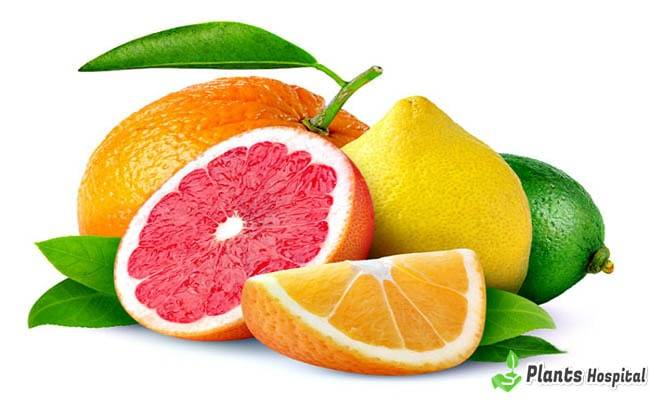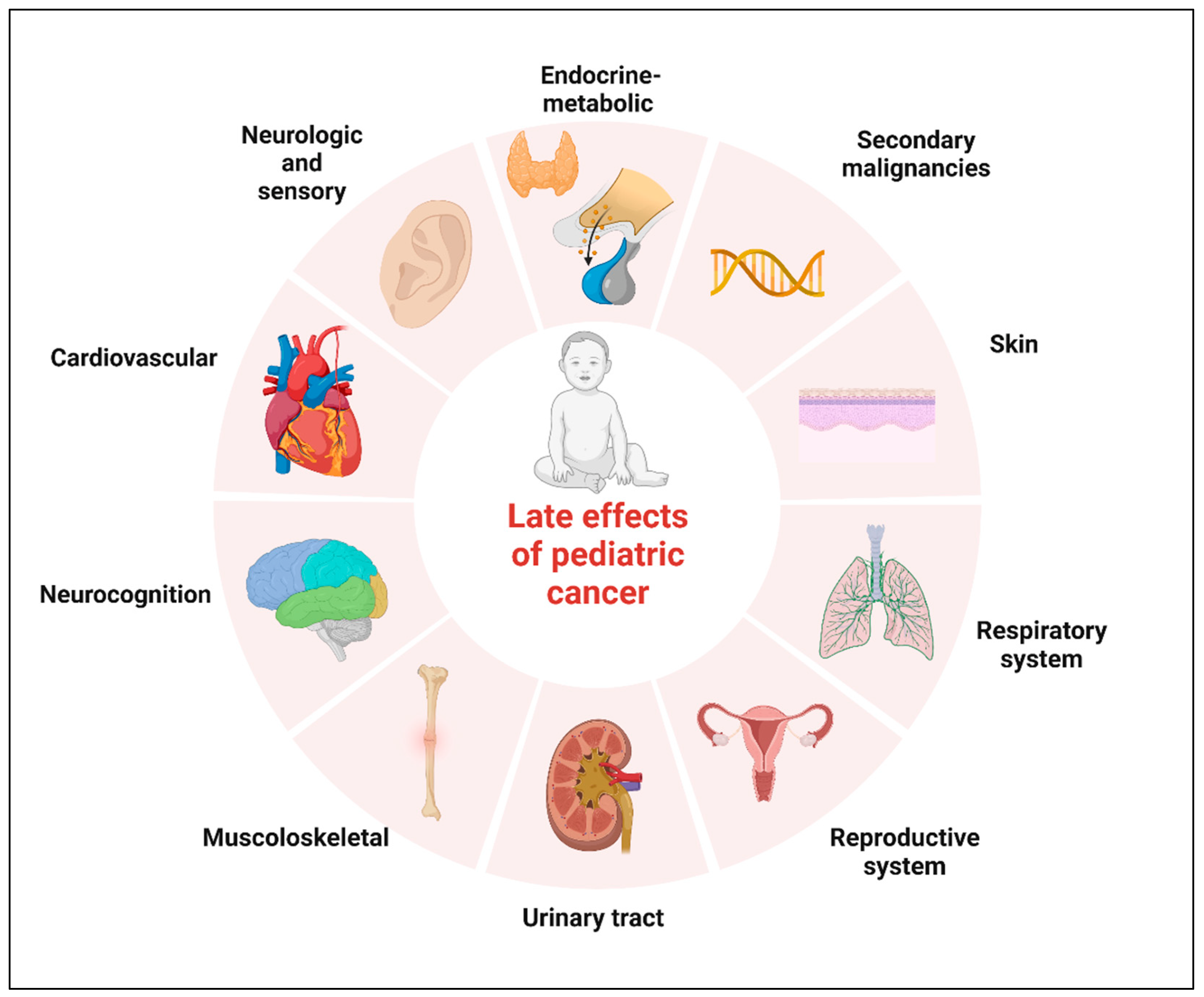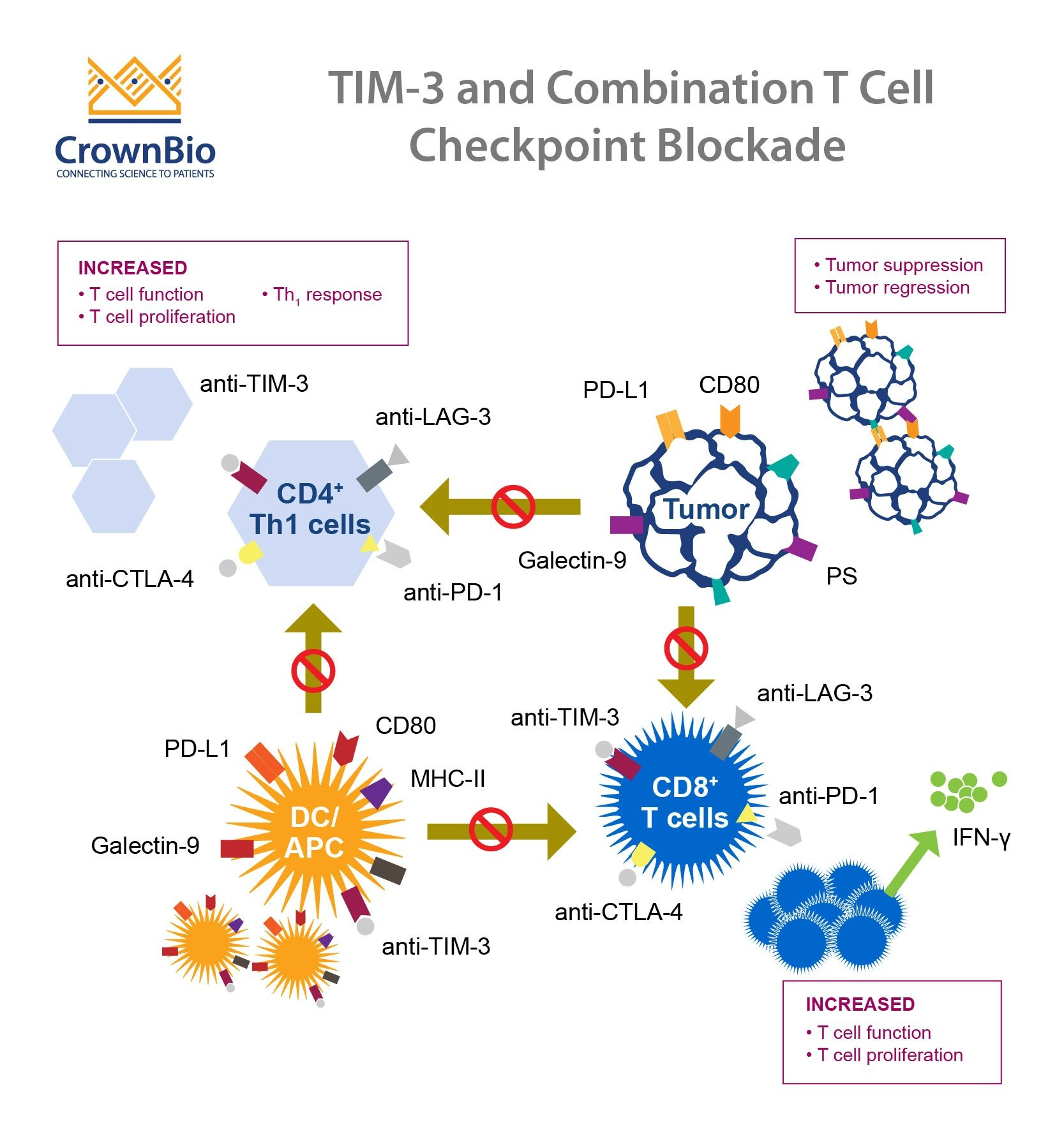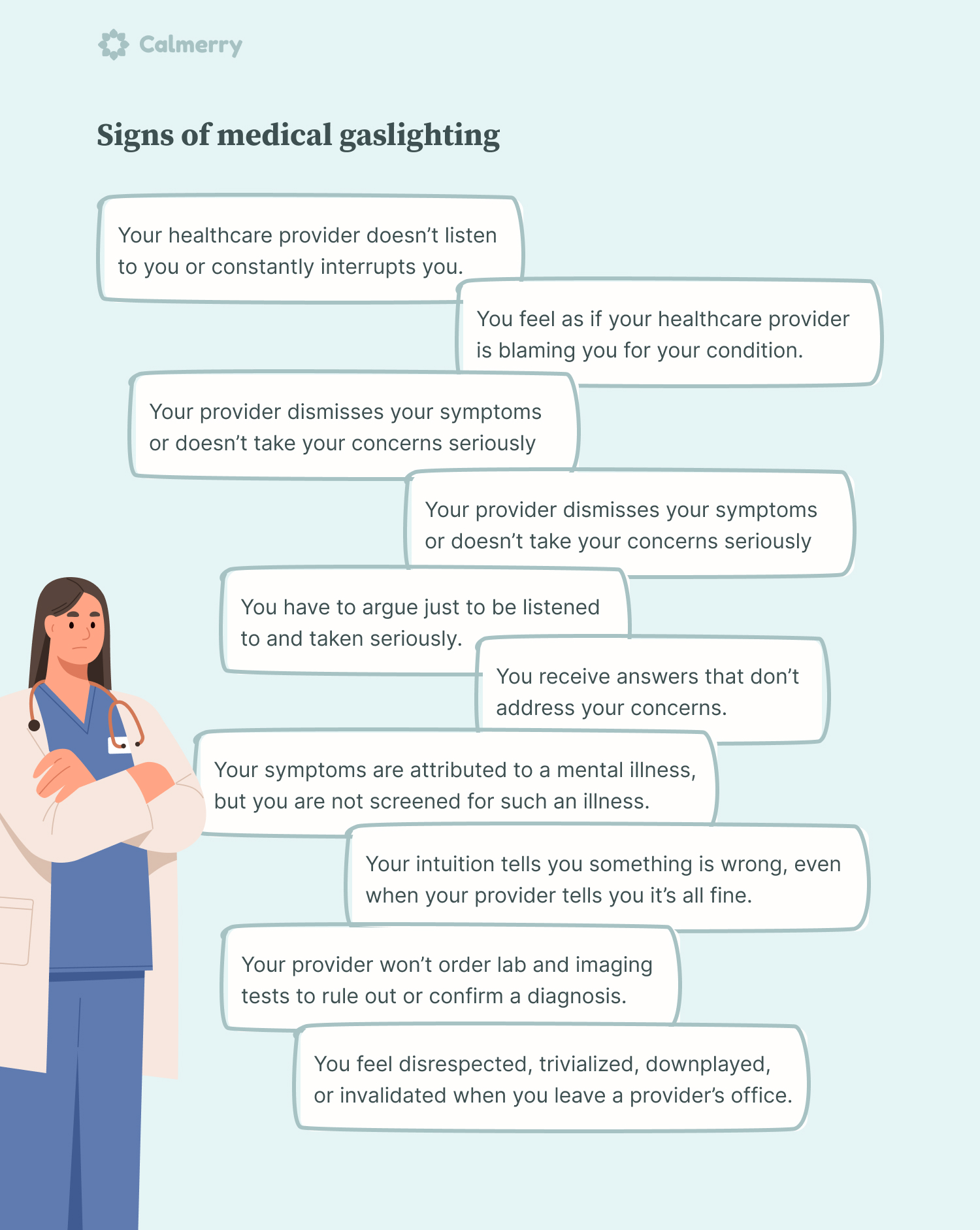Citrus and depression have become increasingly linked in recent research, revealing that incorporating fruits like oranges into your diet may significantly reduce the risk of developing depressive symptoms. A groundbreaking study led by Raaj Mehta at Harvard Medical School found that consuming just one medium orange daily can lower depression risk by 20%. This connection appears to stem from the unique role citrus plays in stimulating the growth of beneficial gut bacteria such as **Faecalibacterium prausnitzii** (F. prausnitzii), which in turn influences the production of mood-enhancing neurotransmitters like serotonin and dopamine. As we delve deeper into the intricate relationship between mental health and diet, the benefits of citrus emerge as a promising avenue for those seeking natural ways to support their emotional well-being. Embracing these bright fruits may not only add zest to your meals but also promote a healthier mind in the long run.
When discussing the impact of fruits on emotional well-being, citrus fruits stand out due to their unique properties that seem to influence mood positively. Citrus fruits, like oranges and grapefruits, may offer protective benefits against mood disorders, thanks to their ability to enhance gut microbiota, particularly boosting the presence of specific bacteria known to improve mental health. This emerging field of study links dietary choices with the gut-brain axis, underscoring the importance of nutrition in maintaining emotional stability. By exploring the connection between diet and psychological health, researchers are beginning to reveal how simply adding citrus to our meals can be a delicious way to combat depression and improve overall mental wellness. Understanding these dynamics invites further inquiry into the role of nutrition in our mental health strategies.
The Link Between Citrus and Mental Health
Recent research highlights the potential of citrus fruits to promote mental well-being, a finding that could reshape dietary recommendations. Consuming citrus like oranges has been shown to correlate with lower depression risk, primarily due to its influence on our gut microbiome. Studies indicate that these fruits facilitate the growth of beneficial bacteria, particularly **Faecalibacterium prausnitzii** (F. prausnitzii), which plays a pivotal role in the gut-brain axis, influencing neurotransmitter production and ultimately affecting mood.
Moreover, this connection emphasizes the importance of diet in mental health management. As we uncover more about the gut-brain axis, the interplay between our digestive health and mental wellness becomes increasingly significant. Incorporating citrus into one’s daily regimen could be a simple yet effective strategy to bolster mood and potentially reduce depression risk, a crucial takeaway for those looking to improve their mental health naturally.
Understanding the Gut-Brain Axis
The gut-brain axis is a fascinating concept that explores how our gut health directly impacts our mental well-being. This bidirectional communication system shows how signals from our gut can influence brain functions, including mood regulation and emotional health. Research has demonstrated that a balanced gut microbiome, rich in beneficial bacteria like **F. prausnitzii**, can lead to higher serotonin and dopamine levels, which are crucial for maintaining a positive mental state.
This research highlights why dietary choices are paramount to mental health. Foods that nurture our gut bacteria can not only improve digestive health but also enhance mood and cognitive functions. Citrus fruits emerge as a beneficial dietary choice, promoting not just gut health, but through the gut-brain axis, also serving as a potential preventative measure against depression.
Benefits of Citrus in Reducing Depression Risk
Incorporating citrus fruits into one’s diet may yield significant mental health benefits, particularly concerning depression. The findings from the Nurses’ Health Study II suggest that women who consume citrus regularly have a notably reduced risk of developing depression. This correlation is primarily attributed to the presence of **F. prausnitzii**, which suggests that dietary choices can have a profound impact on emotional well-being and mental health outcomes.
These insights are crucial as they oppress the notion that treatment for depression solely relies on medication. Instead, we are beginning to see that lifestyle changes — particularly in diet — can play a transformative role in mental health management. A daily intake of citrus is a simple, natural strategy that could complement existing treatments for depression, making it a key area of focus for both individuals and healthcare professionals.
Exploring the Role of F. prausnitzii in Brain Health
The gut microbiota comprises trillions of microorganisms that play a significant role in human health, including mental health. **F. prausnitzii**, a beneficial gut bacterium often linked to positive health outcomes, stands out particularly in studies regarding mood regulation. By enhancing the synthesis of neurotransmitters like serotonin and dopamine, this bacterium may be influential in reducing depression risk, as higher levels of it are observed in non-depressed individuals.
Understanding the mechanisms by which **F. prausnitzii** affects brain health opens new avenues for dietary and therapeutic interventions. As emerging research continues to validate these connections, the prospect of using dietary modifications, particularly through citrus consumption, to enhance gut health and, by extension, mental wellness presents a revolutionary approach to mental health care.
The Future of Dietary Interventions for Mental Health
The implications of citrus consumption on mental health are vast and warrant further exploration. As research continues to uncover the links between diet and mood disorders, there could be a significant shift in how mental health is approached. The potential of trials examining the effects of citrus as a preventive or therapeutic measure for depression stands as a promising frontier in mental health research.
Future studies will be critical in confirming these findings and understanding the broader implications of diet on mental health. By fostering a deeper understanding of how specific foods, like citrus, interact with our gut microbiome and overall well-being, clinicians may develop more holistic approaches to preventing and treating depression in the years to come.
How Dietary Choices Impact Mental Health
Diet not only fuels our physical well-being but also plays a crucial role in shaping our mental health. With studies increasingly supporting the correlation between certain foods and mood regulation, there is a growing demand for integrating dietary strategies into mental health treatments. Citrus fruits, rich in vitamins and antioxidants, epitomize this dietary shift, as they have shown promise in reducing depression risk by enhancing the gut microbiome.
As individuals strive to improve their emotional well-being, understanding the impact of dietary choices — including the consumption of citrus — will be essential. Increased awareness and education about the health benefits of specific foods can empower individuals to make informed decisions that positively influence both physical and mental health outcomes.
Citrus as a Dietary Approach to Comfort Food
The term ‘comfort food’ often evokes images of calorie-dense meals but should expand to include wholesome options that nourish the mind and body. Citrus fruits embody this idea, not only providing enjoyment but also serving as a health-promoting food. The mood-enhancing properties of citrus make it an ideal candidate for comfort food that supports mental health, aligning with recent research indicating its role in reducing depression risk.
By reshaping our understanding of comfort food to encompass nutritious choices, such as an orange a day, individuals can make dietary selections that not only provide satisfaction but also contribute to long-term mental health benefits. Emphasizing citrus intake in discussions around comfort foods may encourage healthier eating habits that nourish both body and mind.
Dietary Strategies to Enhance Serotonin Production
Serotonin, often termed the ‘feel-good’ neurotransmitter, plays a vital role in mood regulation, and its production can be influenced by dietary choices. Foods that support gut health, particularly citrus fruits, can stimulate the growth of beneficial bacteria like **F. prausnitzii**, which is linked to higher serotonin levels in the body. This connection underscores the importance of dietary strategies in both preventing and alleviating depression.
Incorporating citrus into daily meals can serve as a simple yet effective method to improve serotonin production naturally. As more people seek holistic approaches to mental health, understanding how certain foods affect neurotransmitter levels can empower individuals to take charge of their emotional well-being.
Encouraging Dietary Changes for Improved Mental Wellness
Promoting dietary changes for mental wellness is imperative in a world where mental health issues are on the rise. By encouraging individuals to embrace foods like citrus, which have shown potential benefits in lowering depression risk, we can inspire a paradigm shift in how we perceive dietary impacts on mental well-being. The research linking citrus consumption to improved gut microbiota and increased mood-enhancing neurotransmitters highlights that food choices play a critical role in our mental health.
To facilitate these dietary changes, it is vital to educate individuals on the significance of nurturing their gut through food. Simple actions, such as adding an orange to one’s daily diet, can be a powerful step toward improving mental health outcomes. As we continue to uncover the connections between diet, mental well-being, and the gut-brain axis, fostering these changes will become essential in managing mental health.
Frequently Asked Questions
How does citrus consumption relate to depression risk?
Citrus consumption has been linked to a 20% reduction in depression risk. This effect is attributed to citrus’s ability to stimulate the growth of beneficial gut bacteria like **F. prausnitzii**, which plays a role in producing neurotransmitters such as serotonin and dopamine that elevate mood.
What is the gut-brain axis and its significance in citrus and depression?
The gut-brain axis refers to the biochemical signaling between the gastrointestinal tract and the brain. Research indicates that citrus may influence this pathway by enhancing levels of **F. prausnitzii**, thereby potentially improving mental health and reducing the risk of depression through the production of mood-enhancing neurotransmitters.
Can eating citrus fruits improve mental health and reduce depression symptoms?
While more research is needed, preliminary findings suggest that incorporating citrus into your diet may bolster mental health and lower the risk of depression due to its positive impact on gut bacteria and neurotransmitter levels.
What types of citrus fruits are most beneficial for mental health?
While most citrus fruits may provide benefits, oranges have shown a significant association with reduced depression risk in studies. Their consumption may positively influence gut bacteria such as **F. prausnitzii**, which is linked to improved mood.
Is it possible to replace antidepressants with citrus consumption for depression?
Currently, citrus consumption should not replace traditional antidepressants, as the research suggests citrus is more effective in preventing depression rather than treating existing cases. However, integrating citrus into a holistic treatment strategy may support overall mental health.
How does **F. prausnitzii** from citrus consumption influence mood?
**F. prausnitzii** is a gut bacterium that may enhance mood by improving gut health and increasing the production of neurotransmitters like serotonin and dopamine. These chemicals are crucial for regulating mood and emotional well-being, thus connecting citrus consumption with lower depression risk.
Are there any side effects from increasing citrus in my diet for depression management?
Increasing citrus in your diet is generally safe for most individuals and is associated with minimal side effects. However, consuming excessive amounts may lead to digestive issues or heartburn in some people, so moderation is key.
What future research is needed on citrus and depression?
Future research should focus on clinical trials to confirm the effects of citrus consumption on depression risk and explore the mechanisms involved, particularly the role of gut microbiota like **F. prausnitzii** in mental health outcomes.
| Key Point | Details |
|---|---|
| Citrus Intake and Depression Risk | Eating one medium orange daily may reduce depression risk by 20%. |
| Gut Health Connection | Citrus consumption stimulates the growth of gut bacteria **F. prausnitzii**, which is linked to producing mood-enhancing neurotransmitters like serotonin and dopamine. |
| Research Background | The study utilized data from the Nurses’ Health Study II, covering over 100,000 women. |
| Antidepressant Comparison | The study focused on prevention of depression through diet, not on treating existing conditions, making direct comparisons with antidepressants challenging. |
| Future Research | Further studies, including clinical trials, are needed to confirm the effects of citrus on depression and explore its potential role in treatment. |
Summary
Citrus and depression are closely intertwined, as research suggests that consuming citrus fruits may significantly lower the risk of developing depression. In a study involving the Nurses’ Health Study II, a daily intake of one medium orange was found to reduce depression risk by around 20 percent. This effect is attributed to the positive influence of citrus on gut microbiota, particularly the bacteria **F. prausnitzii**, which aids in boosting neurotransmitter levels that enhance mood. These findings encourage further exploration into dietary impacts on mental health, highlighting the importance of citrus as a potentially beneficial addition to strategies aimed at preventing and alleviating depression.




